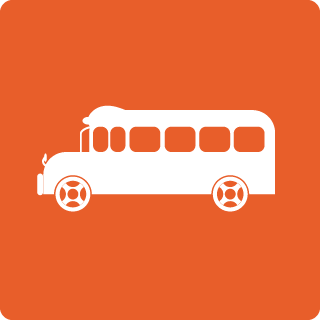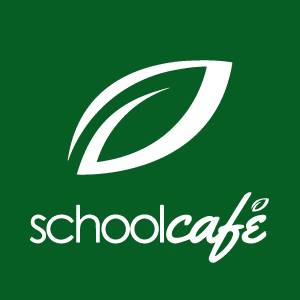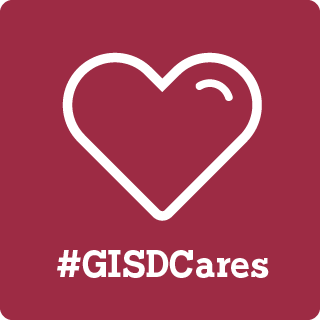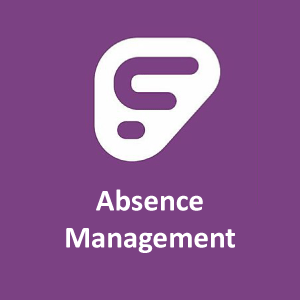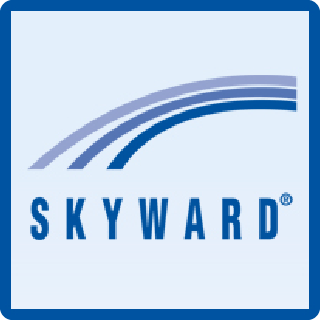


Special Education Programs
Our district is committed to helping our special education students thrive with specialized programing.
We provide a number of approaches for delivering special education services in a manner that best helps our students. These programs span a variety of ages and intensiveness, depending on the student's need.
Special Education programs
Expand AllRegular classroom with accommodations/modifications
Instructional and curricular accommodations/modifications recommended by the ARD committee are implemented in the general education classroom. This enables the student to be involved and progress in the general curriculum to the maximum extent possible.
Speech therapy
Speech and language therapy is available to all students, ages three through twenty-one years enrolled in Garland ISD that meet district eligibility criteria as speech impaired. Through evaluation and intervention, the speech-language pathologist helps students with communication disorders in the areas of articulation, language, voice, and fluency.
Content Mastery program (CM) – secondary only
Content Mastery is designed to support special education students in the general education classroom accessing the general curriculum. The student receives direct instruction in the general education setting. During the independent practice of the lesson cycle, the student may attend the CM center if additional help and support are needed.
Inclusion teacher
Inclusion teacher support is an excellent model for assisting students receiving special education services while fully accessing enrolled grade-level curriculum. It is a supplementary aid and service provided by a special education teacher or paraprofessional to support special education students in the general education classroom. The inclusion teacher may provide direct instruction, re-teaching, modifications, collaboration, or assist in other ways that provide support to special education students in collaboration with the general education teacher. The general education teacher is the teacher of record. The special education teacher will:
- Go into the general education class to provide support to the students
- Plan the schedule to meet the needs of the students
- Provide modifications as needed
Resource (CBSE)
The traditional resource classroom is for special education students who are struggling substantially more than struggling grade-level peers and are functioning significantly below grade level. The special education teacher provides direct, simplified/modified grade-level instruction in the core academic areas. The special education teacher is responsible for planning instruction according to the student's IEP.
Behavior Adjustment program (BA)
The Behavior Adjustment program is designed to serve eligible students whose behavior consistently interferes with their educational performance. This program provides a structured learning environment, a social skills curriculum and instruction, and regular contact with parents. The goal of the program is the successful return of each student to the general classroom.
This program also provides direct instruction in appropriate social skills and study skills. The goal of the program is to provide students with the support and encouragement they need to actively participate and remain in the general education classroom. We offer BA at:
- Elementary: Bradfield, Dorsey, Heather Glen Montclair, Roach
- Middle school: Brandenburg, Coyle, Sam Houston, Webb
BASE
Behavior and Academic Support Environment is designed to serve eligible secondary students whose behavior consistently interferes with their educational performance in the least restrictive environment. This program provides a structured learning environment, a social skills curriculum and instruction, and regular contact with parents.\nThe goal of the program is to teach each student the replacement behavior skills needed to successfully to the general classroom. This program also provides direct instruction in appropriate social skills and study skills.The goal of the program is to provide students with the support and encouragement they need to actively participate and remain in the general education classroom.\\nThis program also provides direct instruction in appropriate social skills and study skills. The goal of the program is to provide students with the support and encouragement they need to actively participate and remain in the general education classroom. We offer BASE at:
- Middle school: Brandenburg, Coyle, Sam Houston, Sellers, Webb
- High School: South Garland, North Garland, Naaman Forest, Rowlett, Sachse
Adaptive Behavior and Communications (ABC)
The Adaptive Behavior and Communication programs are designed to meet the needs of students diagnosed with autism spectrum disorders, TBI, or other neurological impairments whose behavior consistently interferes with their educational performance. The focus is on the development of age-appropriate social skills, coping, and communication skills, and academics. The goal of the program is the successful return to the general education classroom to the greatest extent possible. We offer ABC at:
- Elementary: Back, Beaver, Carver, Cooper, Daugherty, Ethridge, Handley, Keeley, Lister, Rowlett, Sewell, Steadham, Stephens
- Middle school: Austin, Brandenburg, Coyle, Jackson, O'Banion, Sam Houston, Schrade, Sellers, Webb
- High School: Garland, South Garland, North Garland, Naaman Forest, Rowlett, Sachse
Applied Learning Environment (ALE)
In ALE classes, practical application of academic skills is taught to maximize achievement at school, at home, and in the community. The ALE program provides an environment that allows for learning that is individualized and appropriate to each student's developmental and functional level. We offer ALE at:
- Elementary: Armstrong, Bullock, Caldwell, Couch, Davis, Freeman, Hickman, Kimberlin, Liberty Grove, Northlake, Pearson, Shorehaven, Shugart, Southgate, Toler, Walnut Glen, Weaver, Williams
- Middle School: Austin, Brandenburg, Bussey, Coyle, Hudson, O'Banion, Sam Houston, Schrade, Sellers, Webb
- High School: Garland, South Garland, North Garland, Lakeview Centennial, Naaman Forest, Rowlett, Sachse
Moving Toward Independence (MTI)
MTI is a specialized class under the ALE program. It is designed to support students who require additional assistance in the areas of self-help and daily living skills. MTI is offered at
Behavioral ALE
ALE is a specialized class under the ALE program. It is designed to provide additional behavioral supports beyond those typically found in the ALE classroom.
Transition services
Vocational Adjustment Class (12th grade plus)
The vocational adjustment class provides special education support to students who are placed on a job with regularly scheduled direct involvement by special education personnel in the implementation of the student's IEP. Students may also receive classroom instruction in job readiness and independent living skills in addition to general academic work. This program shall be used in conjunction with the student's transition service needs and only after Career and Technical Education (CTE) classes have been considered and determined inappropriate for the student.
Transition Learning Center (TLC) (12th grade plus)
The GISD TLC is a special education program designed to support inclusive practices, age appropriate settings, community integration activities, and opportunities for competitive/supported employment. Students entering the TLC will have completed the district's minimum credit requirements for graduation but the ARD/IEP Committee has determined a continued need for special education services leading to competitive/supported employment. The student's parents must be willing to support employment initiatives, non-paid internships, volunteerism and marketable skills training. Preparing for competitive and supported employment will be the primary focus. The ultimate objective is for students to establish daily independent living routines that will be continued after leaving the TLC.
Meeting And Catering Service (MACS) (12th grade plus)
Meeting and Catering Services (MACS) is a GISD special education community-based vocational education training experience for high school students with significant disabilities. This program gives students the opportunity to learn a wide range of job skills in an actual work environment. A job coach facilitates the hands on job training that includes refreshment set ups of conference rooms, operation of a small store selling convenience items, and a mobile beverage and snack service. The campus VAC, in collaboration with other campus special education staff, makes referrals to MACS.
Project SEARCH (12th grade plus)
The Project SEARCH High School Transition Program is an employer-based intervention for high school students with significant disabilities whose main goal is competitive employment. The program combines real-life work experience with training in employability and independent living skills. Individualized placement assistance is provided as an integral part of the program. The hallmark of this demand-side model is complete immersion in the workplace. The program also demonstrates a novel collaborative approach that brings the education system, employers, and rehabilitation services together in unique ways to create a productive and comprehensive transition experience for students.
See a video of the Project SEARCH program in action.
Hospital/Homebound
Homebound instruction is a service that is considered to be highly restrictive. Students on homebound are unable to interact with peers and may require a reduced curriculum. Homebound instruction may be extended to students who are eligible for special education instruction and, due to a medical condition, must be confined to their home for a minimum period of four weeks. In order to assist the ARD Committee in determining eligibility for the identified student for special education homebound services, information will be requested from the student’s attending physician.
Early Childhood Intervention (ECI)
The Early Childhood Intervention (ECI) program provides services to children from birth through 36 months in a variety of settings. Eligibility is based on medical diagnosis, atypical development or developmental delays. The program addresses all areas of functioning, including physical, emotional and cognitive development. ECI services for families who live within the boundaries of the Garland Independent School District will be provided by the Warren Center.
Early Childhood Special Education (ECSE)
Three, four, and five-year-old children with disabilities can participate in this program. The ECSE program offers a continuum of services ranging from speech services only to a full-day program based on the needs of the child. ECSE classes are located on campuses throughout the district. These special preschoolers receive instruction in the developmental areas of pre-academics, communication, motor, self-help and social/emotional.


